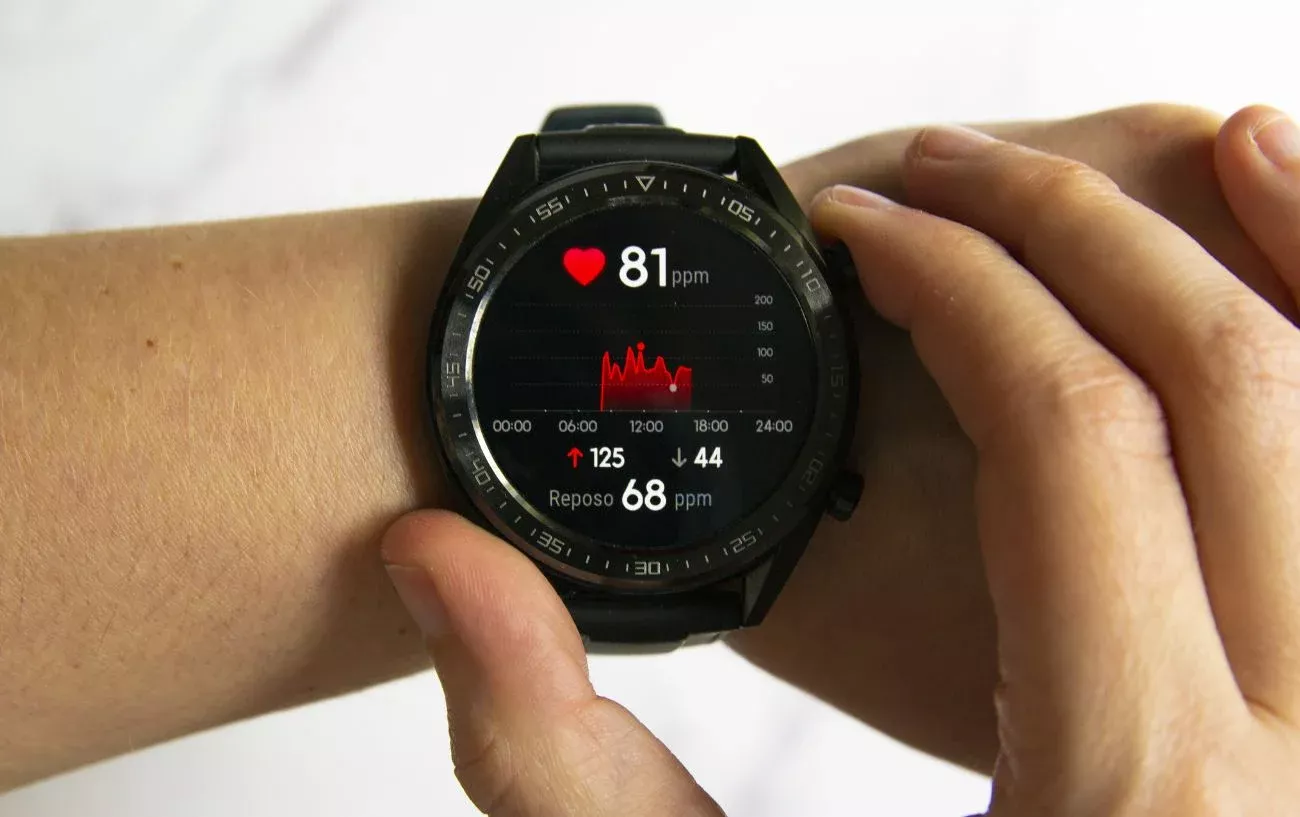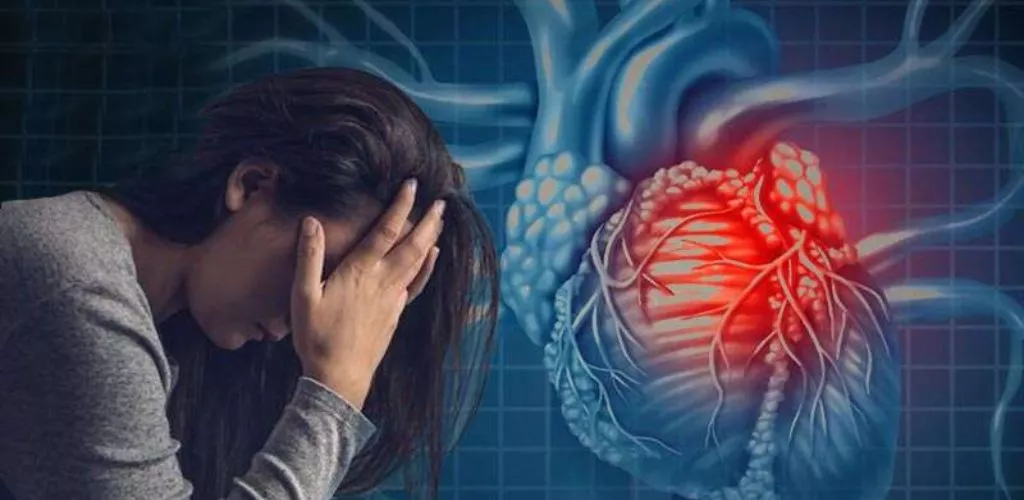Most people have heard these terms at a doctor’s visit or during a workout, i.e. heart rate and pulse rate. While they are closely linked, they are not exactly the same. It doesn’t matter if you are an athlete or a common man; understanding the difference between heart and pulse rate is useful for everyone.
In simple terms, the heart rate is an indicator that highlights the number of times a heart beats every minute. On the other hand, pulse rate is a different indicator which tracks the expansion and contraction of the arteries [tracked at specific points like the neck or wrist]. When the heart and arteries work together smoothly, these numbers match. But certain conditions can create a gap between the two, making it essential to know both.
The Standard Heart and Pulse Rate for Adults and Children
So, “What is a dangerous heart rate?” Before we can answer that, we should learn about the normal heart rate for both adults and children. Here’s a general overview:
A. Normal heart rate by age
- Children (6-15 years): Anywhere between 70 and 100 beats per minute is considered to be normal.
- Adults: Anywhere between 60 and 100 beats per minute is considered to be normal.
B. Pulse rate normal range
- Should match the heart rate in most cases, especially in healthy individuals
These ranges can vary based on factors like fitness, stress, illness, or medications. For instance, athletes often have lower resting heart rates due to stronger cardiovascular systems, while someone under stress may notice a temporary rise.
When Should You Worry?
It is natural for your heart rate and pulse to change during exercise or emotional moments, but there are situations when medical attention is needed. Here are a few warning signs to keep in mind to effectively tackle a dangerous heart rate:
- A resting heart rate consistently above 120 or below 40 beats per minute can signal an underlying issue
- Unexplained palpitations, dizziness, or shortness of breath alongside abnormal rates require immediate evaluation
If these symptoms occur, it is wise to consult a cardiologist in India or visit a cardiology hospital in India for a proper check-up.
Why Might Your Pulse Go High?
A common concern is understanding the reason for a high pulse rate. Several factors can cause this, including:
- Dehydration
- Fever or infection
- Anxiety or stress
- Anaemia
- Thyroid problems
- Certain medications
By paying attention to what might be triggering these changes, individuals can take early steps towards better health. For example, staying hydrated during hot weather or managing stress through relaxation techniques can help bring the pulse back to its normal range.
How Are These Rates Measured?
Most people can check their heartbeat rate and pulse rate without any special equipment. Here’s a simple way to do it:
- Find the pulse point (usually at the wrist or side of the neck).
- Count the beats for 15 seconds.
- Multiply that number by four to get the beats per minute.
For a more precise reading, medical devices like heart monitors or pulse oximeters are often used, especially in hospitals and clinics.
When the Numbers Do Not Match
In some cases, the heart beats regularly, but the pulse does not match every beat. This can happen due to conditions like arrhythmia, where the heart’s electrical signals are off balance. Such a mismatch is called a pulse deficit and usually needs evaluation by a cardiologist in India. If you or someone you know notices irregular or skipped pulses, it is best to seek advice from a cardiology hospital in India, like Aster Hospital, without delay.
Everyday Tips to Keep Your Heart in Check
Maintaining a healthy heartbeat rate and pulse rate normal range is not just about medical visits. It is about everyday habits. Here are some practical tips:
- Engage in regular physical activity, like walking or cycling
- Eat a balanced diet rich in fruits, vegetables, and whole grains
- Avoid excessive caffeine or alcohol
- Manage stress through mindfulness or hobbies
- Monitor your heart rate occasionally, especially if you have existing health conditions
Remember, small steps add up. Prevention is always easier than a cure.
When to See a Specialist
Even with good habits, certain symptoms should never be ignored. If you experience:
- Unexplained chest pain
- Rapid heartbeats that do not slow down
- Fainting or light-headedness
- Shortness of breath without exertion
It is time to consult a cardiologist in India or visit a trusted cardiology hospital in India, such as Aster Hospital. Early detection often leads to better outcomes, and today’s healthcare systems offer many advanced treatments and monitoring tools.
Final Thoughts: Listening to Your Body
Your heart works tirelessly, day and night. By learning to understand its signals [whether through your heartbeat rate, your pulse rate normal range, or recognising the reason for high pulse rate], you take an important step in caring for your overall health.
While it is easy to overlook these numbers during busy days, they carry valuable information about what’s happening inside your body. With a little attention and occasional monitoring, you can stay informed, stay healthy, and know when it’s time to seek help.





